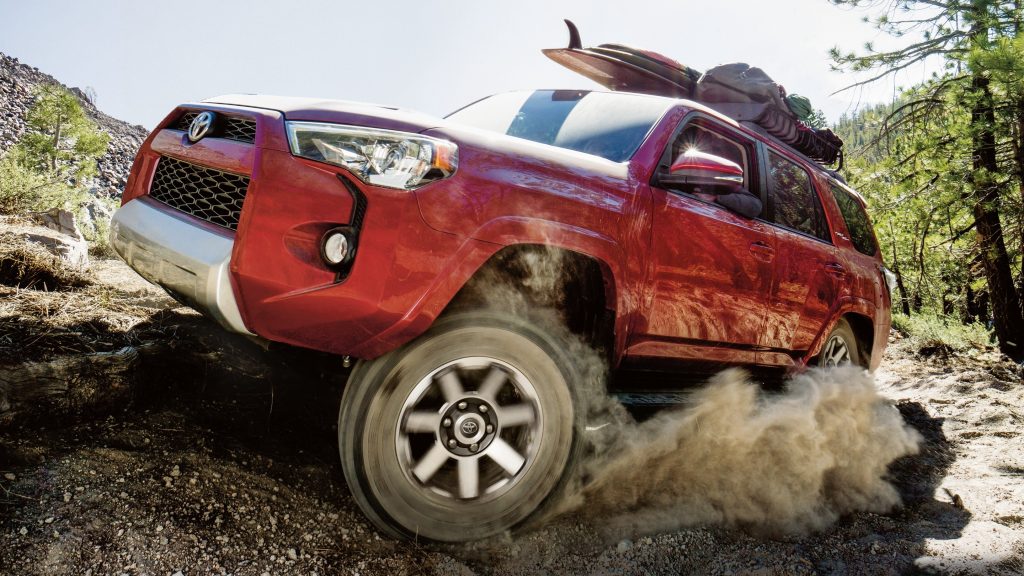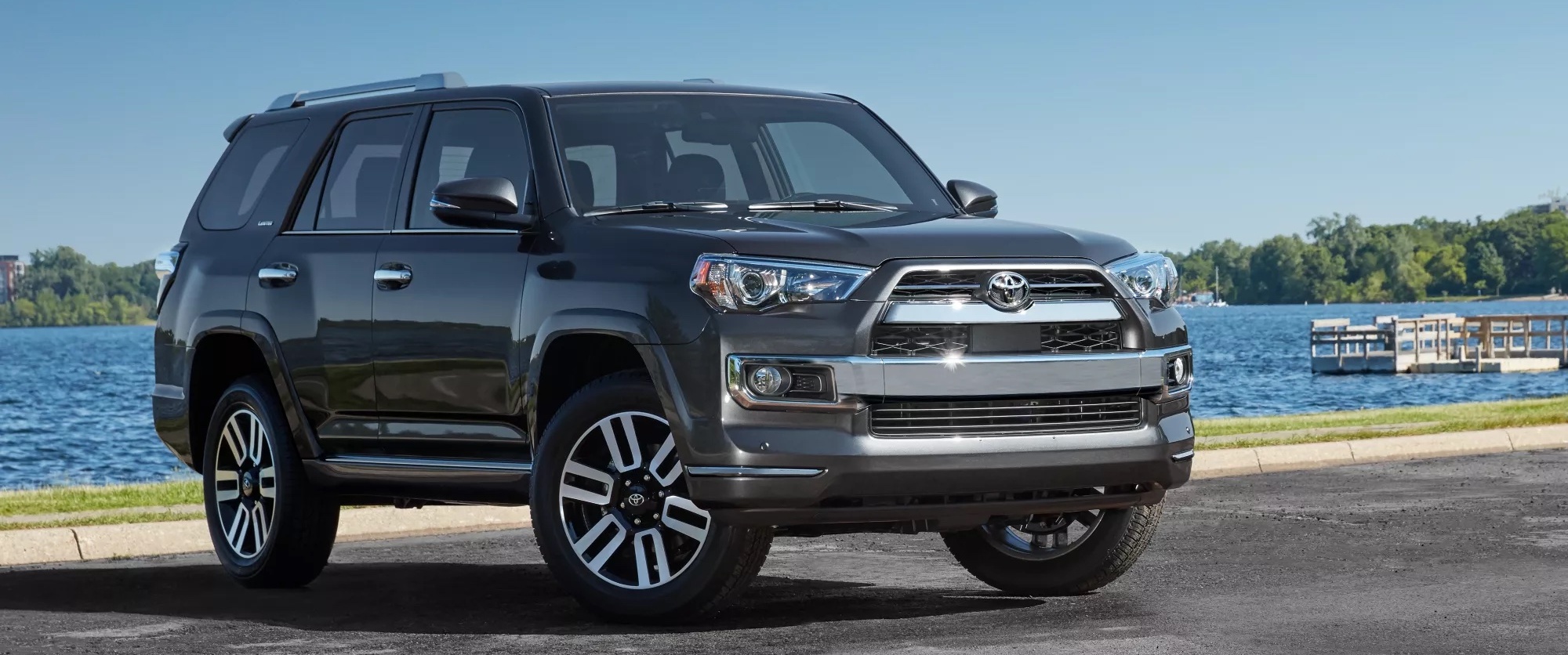Navigating the Toyota 4Runner Lease: A Comprehensive Guide
Related Articles: Navigating the Toyota 4Runner Lease: A Comprehensive Guide
Introduction
In this auspicious occasion, we are delighted to delve into the intriguing topic related to Navigating the Toyota 4Runner Lease: A Comprehensive Guide. Let’s weave interesting information and offer fresh perspectives to the readers.
Table of Content
Navigating the Toyota 4Runner Lease: A Comprehensive Guide

The Toyota 4Runner, a renowned SUV known for its rugged capability and enduring reliability, has long been a popular choice for adventure-seekers and families alike. In recent years, the allure of the 4Runner has been further enhanced by the availability of lease options, particularly those that eliminate the upfront financial hurdle of a down payment.
While the concept of a "no money down" lease may seem appealing, it is crucial to understand the intricacies involved before committing to such an arrangement. This guide aims to provide a comprehensive overview of Toyota 4Runner leases, emphasizing the importance of thorough research and informed decision-making.
Understanding Lease Fundamentals
A lease, in essence, is a contractual agreement where a vehicle is rented for a predetermined period. Unlike a traditional loan, where ownership is ultimately transferred to the borrower, a lease grants temporary use of the vehicle. At the end of the lease term, the lessee has the option to return the vehicle, purchase it at a predetermined residual value, or extend the lease.
The Appeal of a $0 Down Lease
The absence of a down payment can make a lease more financially accessible, particularly for those with limited savings or a desire to preserve capital. This seemingly attractive feature can, however, be a double-edged sword, as it often comes with higher monthly payments and a greater risk of negative equity.
Factors Influencing Lease Costs
Several factors contribute to the overall cost of a lease, including:
- Vehicle Model and Trim: The 4Runner’s various trim levels, from the SR5 to the TRD Pro, come with different features and price points, directly impacting the lease cost.
- Lease Term: Longer lease terms generally translate to lower monthly payments but potentially higher overall costs due to extended depreciation.
- Mileage Allowance: The annual mileage limit stipulated in the lease agreement affects the cost. Exceeding the limit incurs additional charges.
- Interest Rate: The interest rate applied to the lease is determined by factors like credit score and market conditions.
- Residual Value: The estimated value of the vehicle at the end of the lease term, set by the lender, influences the monthly payment.
The Importance of Careful Consideration
While the prospect of a $0 down lease may seem alluring, it is crucial to consider the following:
- Monthly Payments: The absence of a down payment can result in higher monthly payments compared to a traditional loan.
- Hidden Costs: Lease agreements often include fees for excess mileage, early termination, and wear and tear beyond normal usage.
- Negative Equity: If the vehicle’s actual market value at the end of the lease is lower than the residual value, the lessee may be responsible for paying the difference, known as negative equity.
Navigating the Lease Process
Before entering into a lease agreement, it is essential to:
- Research Thoroughly: Compare lease offers from multiple dealerships and lenders to identify the best terms and conditions.
- Understand the Fine Print: Carefully review the lease contract, paying attention to the mileage allowance, termination clauses, and any applicable fees.
- Calculate Total Cost: Factor in monthly payments, fees, and potential negative equity to determine the overall cost of the lease.
- Consider Future Needs: Evaluate whether the lease term aligns with your long-term vehicle ownership plans.
Frequently Asked Questions
Q: What is the minimum credit score required for a $0 down lease?
A: Credit score requirements vary depending on the lender and the specific lease offer. Generally, a good credit score (670 or higher) is beneficial for securing favorable lease terms.
Q: What happens if I exceed the mileage limit?
A: Exceeding the mileage limit typically incurs a per-mile charge at the end of the lease.
Q: Can I modify the lease terms after signing the contract?
A: Modifying lease terms after signing is usually difficult and may involve additional fees.
Q: What happens if I decide to purchase the vehicle at the end of the lease?
A: If you choose to purchase the vehicle, you will pay the predetermined residual value.
Tips for a Successful Lease
- Negotiate: Don’t hesitate to negotiate the lease terms, including the monthly payment, mileage allowance, and interest rate.
- Maintain the Vehicle: Proper vehicle maintenance is crucial to minimize potential wear and tear charges at the end of the lease.
- Document Everything: Keep records of all lease payments, maintenance records, and any communication with the lender.
Conclusion
A $0 down lease can be a viable option for acquiring a Toyota 4Runner, but it requires careful consideration and a thorough understanding of the associated costs and risks. By conducting thorough research, understanding the lease terms, and making informed decisions, potential lessees can navigate the process effectively and make a choice that aligns with their financial goals and vehicle needs.







Closure
Thus, we hope this article has provided valuable insights into Navigating the Toyota 4Runner Lease: A Comprehensive Guide. We thank you for taking the time to read this article. See you in our next article!
